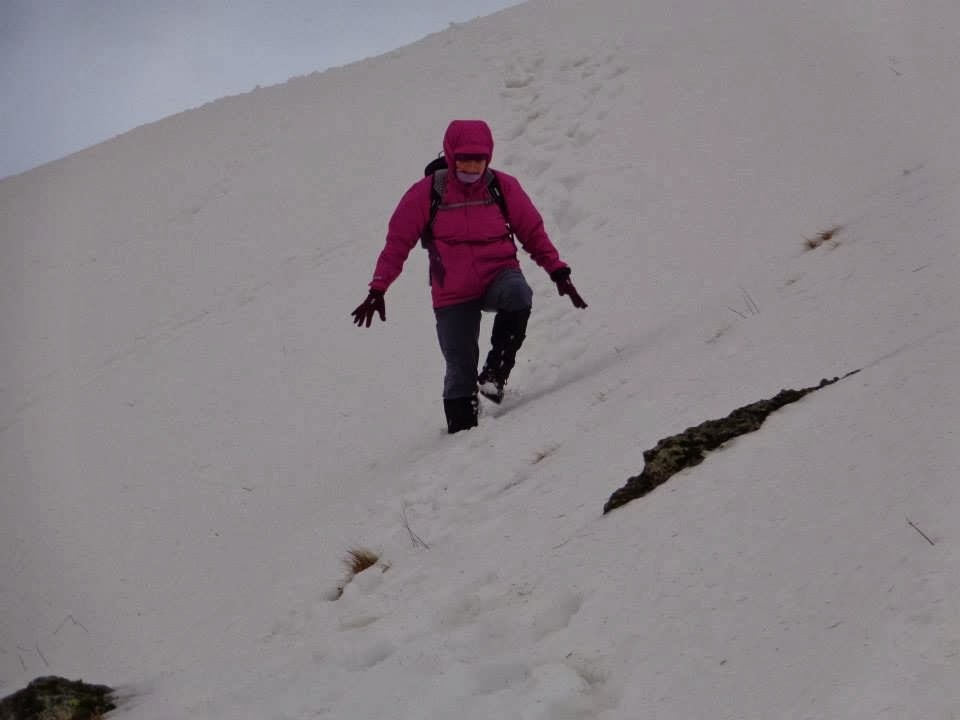It is hard….. so much guidance, targets, so many plans. Last year we designed our vision and we have had a year to get that off the ground. I don’t know about other CCGS but we have made a good start…investment in the community system, much improved working by health and social care staff, a real and different conversation with the public about what we all want for our area in the future and here anyway less pressure so far on the A&E front door. Some of those changes have been small I agree. Those who wish to put down CCGS laugh at us and challenge the scale of what we are doing. We have to make changes big and small. This year we have been getting people together, developing a joint sense of purpose and direction, we have been testing this out with small but significant changes, we now need to move at scale. WE have done a lot in a year. We want to hang on to that map, that vision for the future.
Yesterday I was stood on Base Brown in the Lakes. The views down across Borrowdale were spectacular and the light a little menacing but glorious. The winds were gusty and with ice under your feet and a gale that could blow you over at any moment it felt precarious but the reward was magnificent. Sometimes doing this job feels like that. So much turbulence all around. I learned to seek out the snow and avoid the ice..firm feet make you feel much safer. And I wasn’t alone and I knew my companion to be brave but not foolhardy.
I don’t remember a planning round like this one. So much to take on.. As a CCG we need to be brave we need to keep our feet steady ..rooted in the things we know are right and need to be done whilst not getting blown off course by the many targets and trajectories we are required to submit..There is a risk of getting lost in the process itself.. the worst outcome.. a lovely plan that pleases everyone and yet delivers nothing.. What ever happened to bottom up.. light touch…earned autonomy?
This is THE year.. our chance to change as much as we can as quickly as we can, building on last year.. next year we have elections, smaller management allowances, the better care fund… we have to have changed things this year , we have to be making this happen now.. this week,next week, every week…so fewer people end up in our hospitals, by next year. There are no second chances. By next year it will be too late.
Walks in the Lakes are good.. they clear your head… they give you back a sense of clarity and purpose. The physical challenges replace the intellectual ones for a few hours and allow much needed respite. I think I will be walking a lot this year…..
